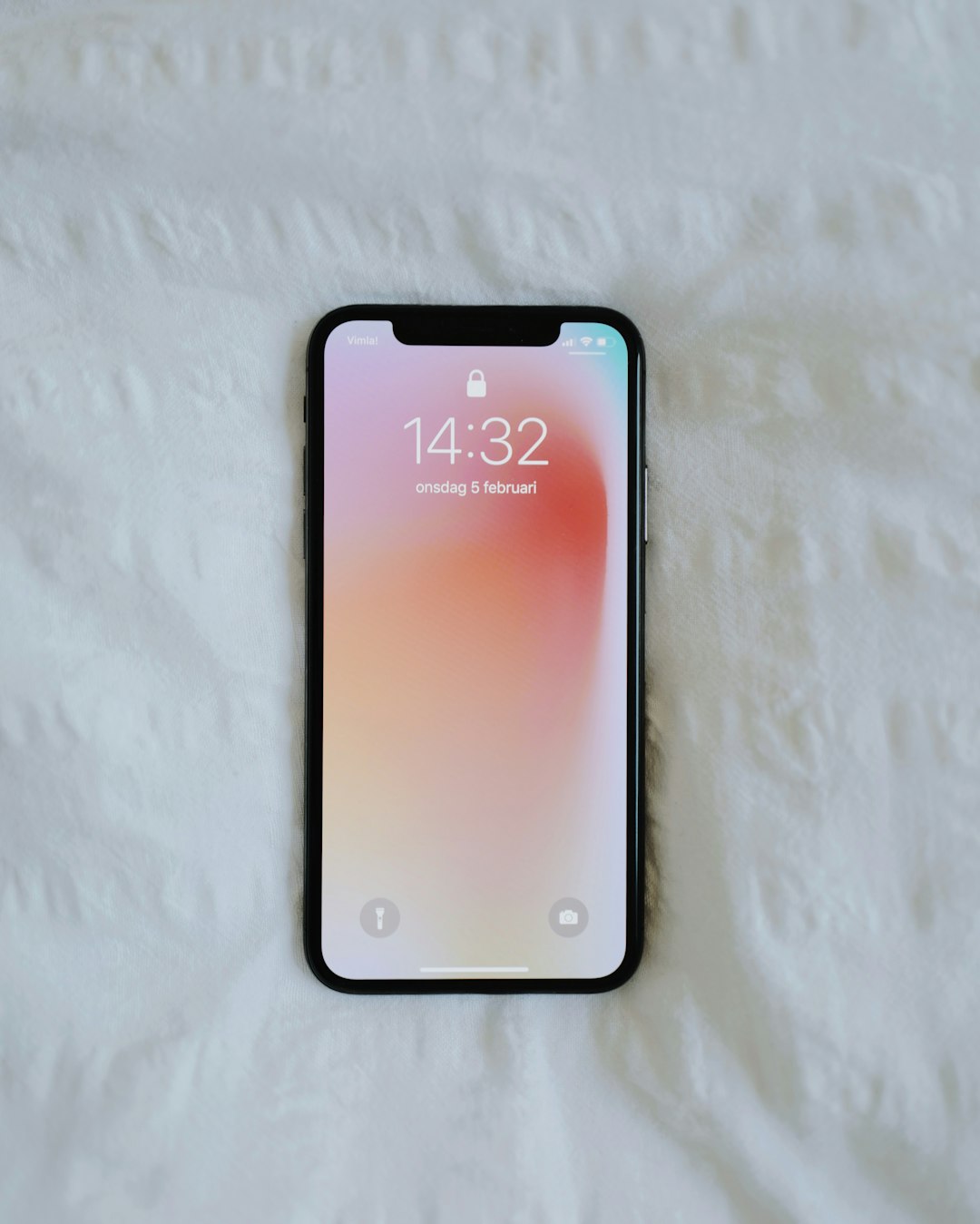New Hampshire's "no call" laws protect residents from unwanted telemarketing by mandating explicit consent before contacting consumers via phone, text, or email. Historically focused on landlines, these regulations now face challenges from mobile technology and advanced spammer tactics. To keep pace with modern advancements, no-call law firms in Laconia must adopt advanced caller ID, blocking technologies, educate consumers, and empower them with call management tools. Effective adaptation of these strategies will ensure New Hampshire's no-call laws can protect residents from intrusive marketing calls in the digital age.
“In today’s digital landscape, the traditional ‘no call’ laws in Laconia, New Hampshire, are undergoing a transformative journey. As communication methods evolved from landlines to smartphones, consumer behavior changed dramatically. This article explores how New Hampshire’s no-call policies have adapted to modern technology and examines the challenges posed by evolving consumer preferences. We’ll delve into potential solutions to ensure that no-call law firms in New Hampshire remain effective in a world where traditional phone calls are just one of many communication channels.”
Understanding No Call Laws in New Hampshire: A Brief Overview
In New Hampshire, “no call” laws are designed to protect residents from unwanted telemarketing calls and sales pitches. These regulations, administered by the New Hampshire Attorney General’s Office, give consumers the power to opt-out of receiving such calls. The laws also specify that companies must obtain explicit consent before initiating contact, a rule that extends to text messages and emails as well.
New Hampshire’s no call laws are not just about respecting consumer privacy; they’re also about ensuring fair business practices. Violating these rules can lead to legal action, with fines levied against offending businesses by the Attorney General’s Office. For consumers, it’s relatively easy to register for the “Do Not Call” list, which is a first step in reducing unwanted calls from no call law firms New Hampshire and other telemarketers.
The Evolution of Communication: From Landlines to Smartphones
The way we communicate has undergone a remarkable transformation over the years, and this evolution has had a significant impact on laws surrounding unwanted calls, or “no call” laws. In the past, when landlines were the primary means of communication, no-call regulations focused primarily on preventing harassing phone calls from telemarketers. Businesses would often employ automated dialers to make mass calls, leading to consumer complaints about excessive and unwanted contact.
With the advent of smartphones and mobile technology, communication has become more personalized but also more pervasive. Today, individuals can receive calls from various sources, including unknown numbers, which poses new challenges for no-call law firms in New Hampshire. Smartphone users often face a constant stream of calls from marketing companies, scammers, and even pranks, making it harder to distinguish between legitimate and unwanted communications. As technology advances, so too do the tactics employed by both spammers and those seeking to protect their privacy, necessitating a dynamic approach to no-call laws in Laconia, New Hampshire, and across the state.
How Technology Has Shaped Modern Consumer Behavior
In today’s digital era, technology has fundamentally reshaped consumer behavior and expectations. With just a few clicks, individuals can now easily access information, communicate globally, and make purchases online, leading to heightened awareness and instant gratification. This shift has significantly influenced how people perceive and interact with businesses, including their approach to unsolicited calls. New Hampshire’s No Call laws, which restrict telemarketing calls to residents’ phone numbers placed on the Do Not Call list, have had to adapt to this evolving landscape.
Modern consumers are more tech-savvy than ever before, often using applications for call blocking and filtering, and they quickly adopt new digital tools that empower them to manage their privacy and communication preferences. As a result, No Call law firms in New Hampshire must stay agile and incorporate modern technology to effectively enforce these regulations. This includes sophisticated caller ID systems, automation tools for managing Do Not Call lists, and the ability to seamlessly integrate with consumer-preferred communication channels.
Challenges and Loopholes: Identifying Issues with Existing No Call Lists
The effectiveness of No Call Laws in Laconia, New Hampshire is often challenged by the rapid evolution of communication technologies. While traditional landline phones were initially the primary focus, modern laws must adapt to cover a wide range of devices and applications, from smartphones to social media platforms. This creates a complex landscape where individuals can still face unwanted calls from unknown numbers, despite being registered on do-not-call lists.
Existing No Call Lists in New Hampshire may suffer from loopholes due to the dynamic nature of technology. For instance, certain businesses use automated dialers or third-party services that bypass current regulations, allowing them to contact consumers despite their registration. Additionally, the rise of text messages and social media direct messages adds another layer of complexity, as these forms of communication are often not tracked or regulated under traditional no-call provisions. Identifying and addressing these challenges is crucial for ensuring that No Call Laws remain effective in protecting residents from intrusive marketing calls and messages in the digital age.
Adapting No Call Laws: Potential Solutions for the Digital Age
In today’s digital age, the traditional concept of “no call” laws in Laconia, New Hampshire needs to evolve. The rise of automated phone systems, robocalls, and VoIP technology has made it easier for telemarketers to bypass existing regulations. To keep up with these changes, no-call law firms in New Hampshire must adapt their strategies. One potential solution is the implementation of advanced caller ID and blocking technologies that can accurately identify and filter out unwanted calls.
Additionally, educating consumers about their rights and providing them with tools to manage their call preferences is crucial. Apps and services that allow users to block specific numbers or types of calls can empower individuals to take control of their communication. By combining these technological advancements with robust legal frameworks, Laconia’s no-call laws can effectively adapt to the digital era, ensuring residents are protected from intrusive marketing practices.





